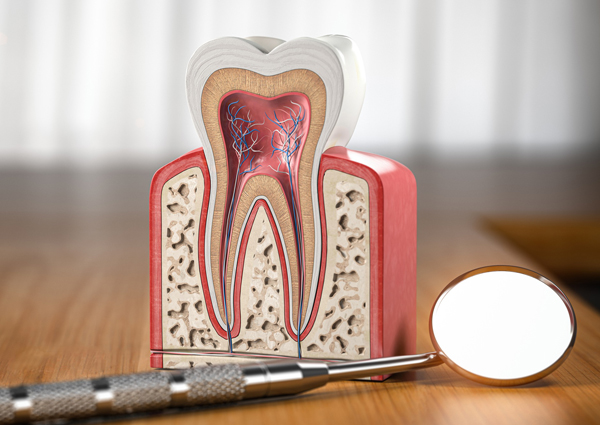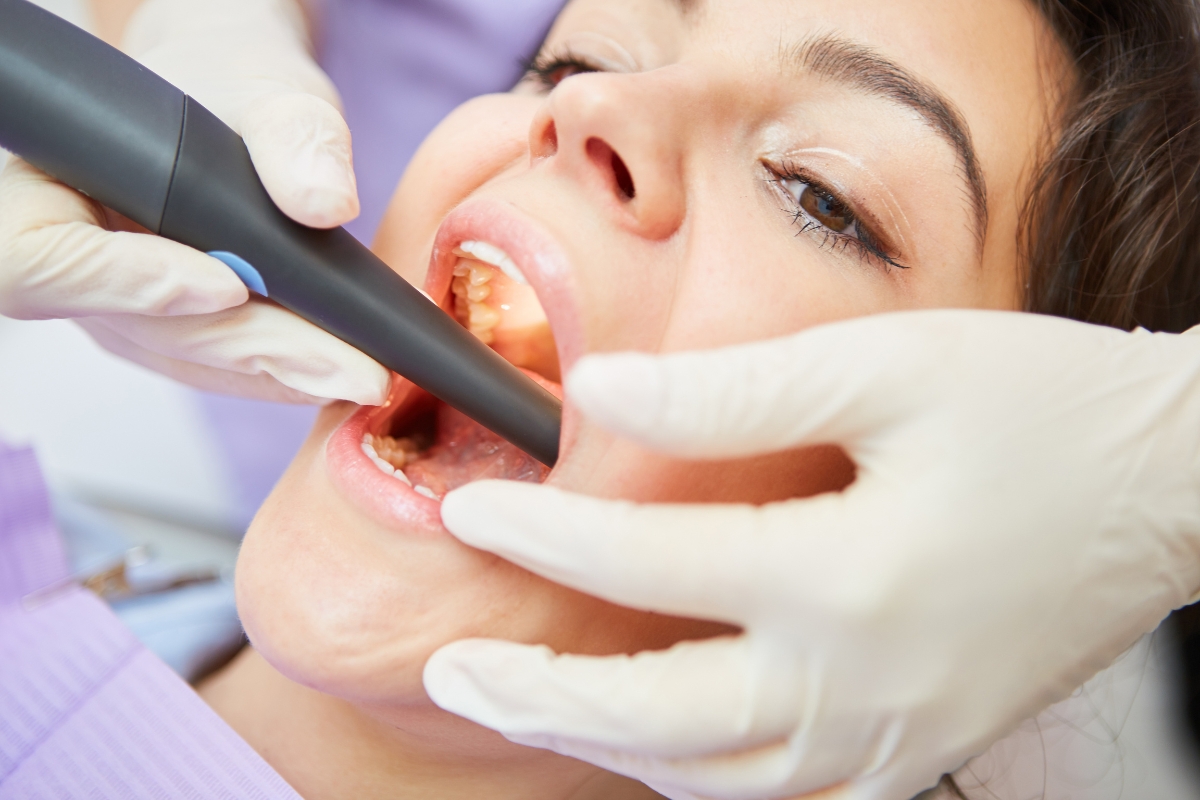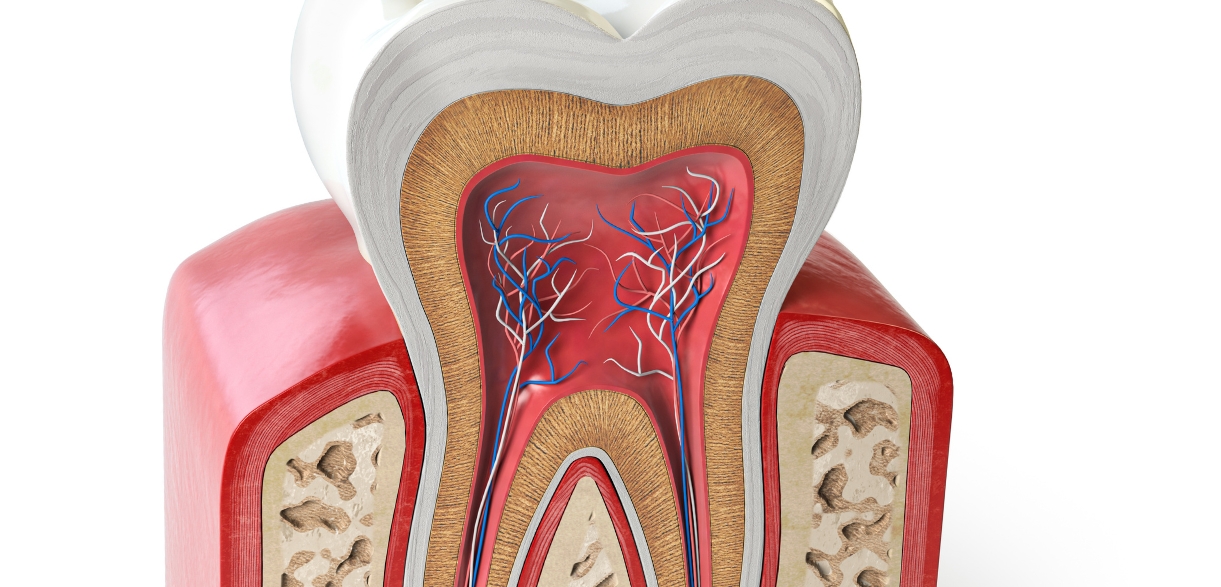$99 New Patient Special - Includes Exam, X-Ray and Basic Cleaning
9 Common Signs You Need a Root Canal

Root canals are often misunderstood and feared, but they are crucial for saving a severely infected tooth. If you’re experiencing persistent tooth pain or other symptoms, it might be a sign that you need a root canal. In this blog post, we’ll explore nine common signs that indicate you might need this procedure.
- Severe Tooth Pain: One common sign you need a root canal is severe tooth pain. The pain occurs when you bite down or apply pressure. It can be throbbing, sharp, or constant. This may indicate that the nerve inside the tooth is infected or damaged.
- Sensitivity to Hot or Cold: If your teeth remain sensitive to hot or cold foods and beverages, it might indicate an infected tooth nerve. This sensitivity persists even after the temperature changes. It usually occurs when the nerve becomes inflamed or damaged.
- Swollen Gums: Swelling around the gums near a tooth can indicate an infection that may require a root canal. The swelling may be accompanied by tenderness, redness, or a pimple-like bump on the gums, known as a gum boil or abscess.
- Darkening or Discoloration of the Tooth: When a tooth becomes dark or discolored compared to the surrounding teeth, it may indicate damage or dying of the nerve inside. The discoloration often results from the breakdown of internal tissues.
- Painful Pimples on the Gums: Painful, pus-filled pimples on the gums, known as gum boils or abscesses, can indicate a serious infection in the tooth’s root. These abscesses can cause swelling, pain, and a bad taste in the mouth.
- Persistent Bad Breath: Chronic bad breath that doesn’t improve with brushing, flossing, or mouthwash may be a sign of an infected tooth. Bacteria from the infected tooth can produce foul-smelling gases that contribute to bad breath.
- Pain or Discomfort When Eating: If eating causes pain or discomfort, especially when biting down on a specific tooth, it may signal damage or infection in the tooth’s nerve. This pain may be sharp or throbbing and may linger after eating.
- Loose Tooth: A tooth that feels loose or unstable may be a sign of advanced tooth decay or infection. In severe cases, an infection can weaken the bone that supports the tooth, causing it to become loose.
- Previous Dental Work Issues: If you’ve had previous dental work, such as a filling or crown, you might experience new pain. Sensitivity in the same tooth could signal a new infection. It may also indicate damage to the tooth’s nerve.
If you experience any of these signs, see a dentist as soon as possible. Ignoring these symptoms can lead to serious complications. You might face tooth loss or infection spreading to other parts of your body. Your dentist will assess whether a root canal is needed. They will then provide the appropriate treatment to save your tooth and restore your oral health.







